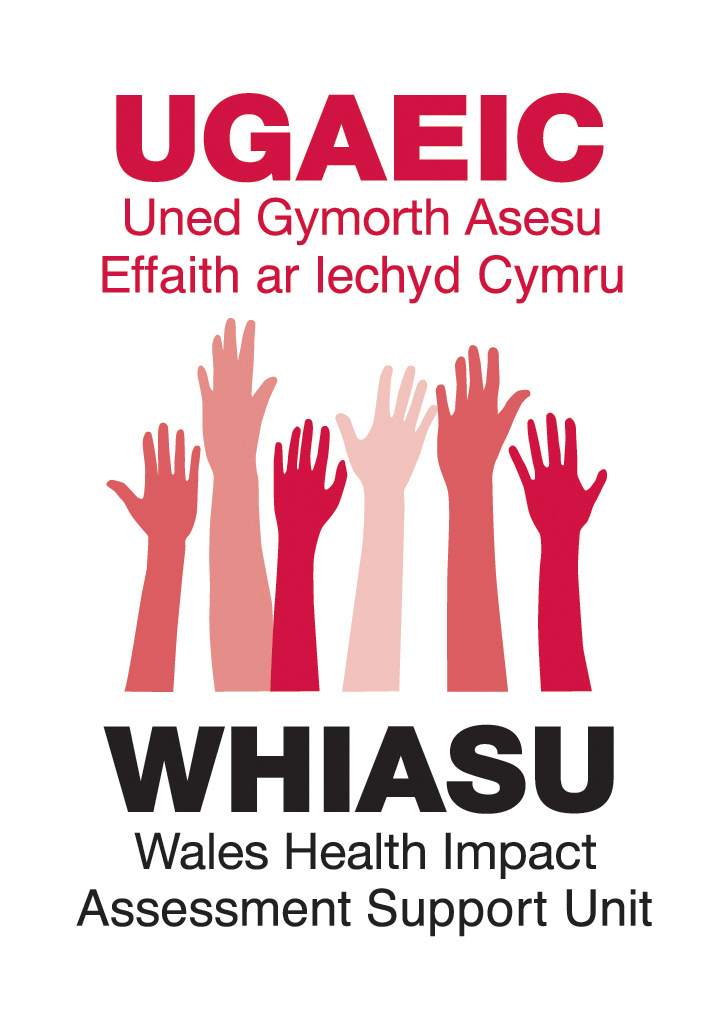Below is a round-up of publications from members of the WHIASU team which we have not previously published that might be of interest.
Making the case for investing in preventative public health by illustrating not only the health impact but the social, economic and environmental value of Public Health Institutes is imperative. This is captured by the concept of Social Value, which when measured, demonstrates the combined intersectoral value of public health. There is currently insufficient research and evidence to show the social value of Public Health Institutes and their work across the life course, population groups and settings, in order to make the case for more investment.
In 2018, WHIASU carried out a comprehensive and unique HIA on the impact of Brexit in Wales. The aims were to understand the differential impacts that Brexit would have on the health and wellbeing of the population and to provide evidence to inform decision makers across a range of public bodies. This paper reflects on the process of carrying out the HIA and the methods used. It discusses the stages of the HIA and shares the findings and reflections of implementation which will be beneficial to other HIA practitioners and policy makers. It focusses on what worked and any challenges encountered. It has been used to progress the practice of HIA in Wales and demonstrates the value of HIA as a method to inform and influence complex decisions.
Evidence shows people’s relationship and access to the food environment is a determinant of their health and wellbeing, and in relation to prevalence of chronic and non-communicable diseases. The spatial planning system forms part of a whole systems action in shaping the environment in a way that maximises population health gain. While these practices have had varying degrees of success, COVID-19, and the responses to it, has forced us to re-examine the utility of current planning practice, particularly the impact on inequalities. In this commentary we aim to explore the post-pandemic role of spatial planning as a mechanism for improving public health by highlight a whole system perspective on the food environment, referring to experiences in Wales as a case study, and concluding with observation on future consumer trends around access to food.
A Public Health Perspective on Wellbeing. In: Broadening the Scope of Wellbeing Science
This chapter places the promotion of wellbeing in the context of public health practice and explores enduring challenges, practical solutions, and synergies with the field of positive psychology and contextual behavioural science. Public health applies multilevel frameworks of health and wellbeing to inform and develop policies and programmes to improve population health and wellbeing outcomes, distinct from individual outcomes. Specifically, the chapter provides examples of how public health tools such as Health Impact Assessment (HIA) and Mental Wellbeing Impact Assessment (MWIA) can facilitate upstream multi-sectoral collaboration to integrate wellbeing into policy and programmes.
HIA Network of Practice:
We are in the process of organising more HIA Network of Practice events and will post the details on the WHIASU website and via email to HIA Network members as soon as they are available.
